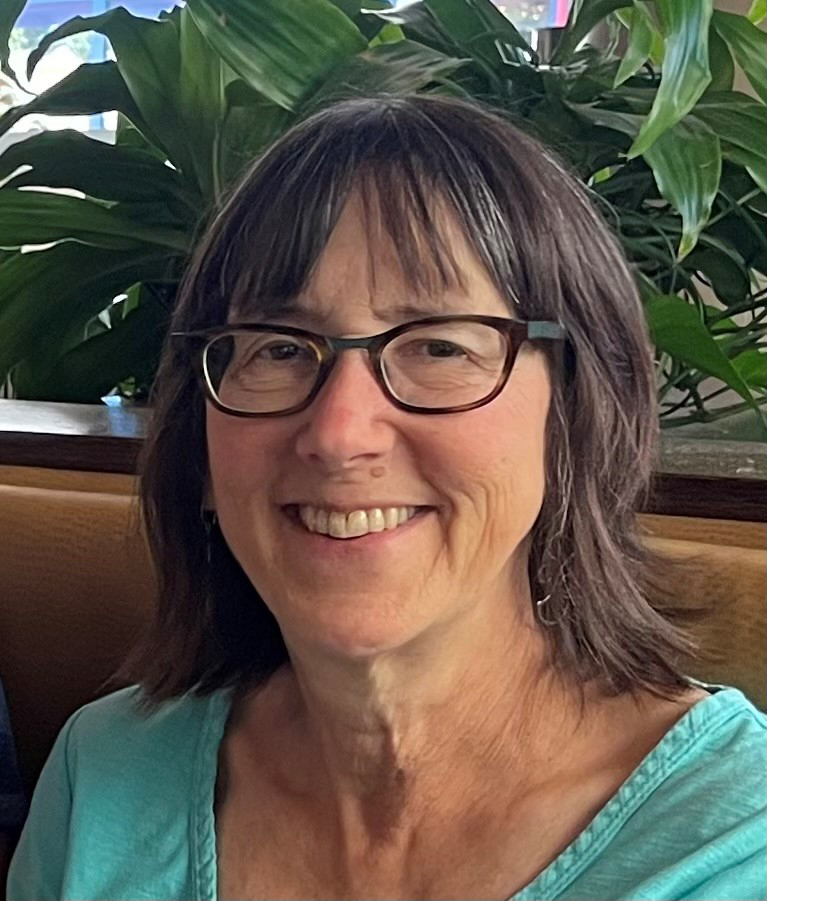Celebrating the Retirement of Wendy Stone
 Professor Wendy Stone retires from the Department of Psychology after 41 years as a professor. Wendy joined UW Psychology in 2010 as Professor and Director of the UW Autism Center after coming from Vanderbilt University, where she had been an Assistant, Associate, and Professor since 1988. Wendy served as the UW Autism Center's director from 2010 to 2013. As a professor, Wendy served as the primary advisor for 16 graduate students and mentored more than 14 postdocs and early career faculty. She served on many department committees, including the Graduate Training Committee, the Promotion and Tenure Committee, Area Head for the Child Clinical Program, the Department Planning Committee, and the Graduate Admissions and Recruitment Committee. Wendy has also been a licensed psychologist since 1983.
Professor Wendy Stone retires from the Department of Psychology after 41 years as a professor. Wendy joined UW Psychology in 2010 as Professor and Director of the UW Autism Center after coming from Vanderbilt University, where she had been an Assistant, Associate, and Professor since 1988. Wendy served as the UW Autism Center's director from 2010 to 2013. As a professor, Wendy served as the primary advisor for 16 graduate students and mentored more than 14 postdocs and early career faculty. She served on many department committees, including the Graduate Training Committee, the Promotion and Tenure Committee, Area Head for the Child Clinical Program, the Department Planning Committee, and the Graduate Admissions and Recruitment Committee. Wendy has also been a licensed psychologist since 1983.
In addition to service at UW, Wendy was a member of the Autism Advisory Panel for Sesame Street’s See Amazing in All Children initiative, contributing to the development of Julia, a new Muppet who has autism. During her career, Wendy made great impacts in the area of autism research, as she published extensively in leading scientific journals on topics related to the diagnosis and early intervention of autism. Her work significantly contributed to the field of autism research, and she was continuously funded by the National Institute of Mental Health and the National Institute of Child Health and Human Development from 1993 to 2024. As a professor, Wendy served as the primary advisor for 16 graduate students and mentored more than 14 postdocs and early career faculty.
Stone’s research primarily focused on the early identification and intervention of autism spectrum disorders (ASD). She continues to be renowned for her research on the early signs of autism in infants and toddlers, as she was instrumental in developing various screening tools and assessment methods to facilitate the early diagnosis of ASD, which is crucial for timely intervention. Wendy’s research also included the development and evaluation of intervention strategies for young children with autism. She emphasized evidence-based practices that could be implemented in real-world settings to improve the developmental outcomes of children with ASD.
Wendy's work at the University of Washington made significant strides in improving the lives of individuals with autism and their families through early detection, effective intervention, and community support. Her impact on our department and community will continue to be felt long after her retirement.